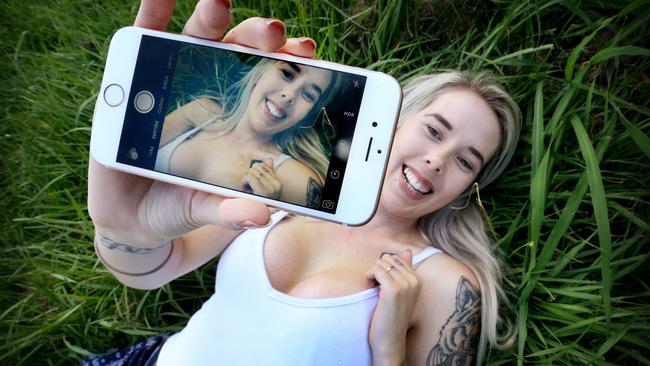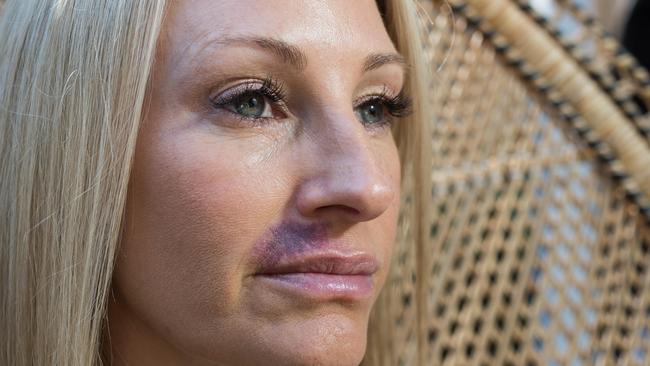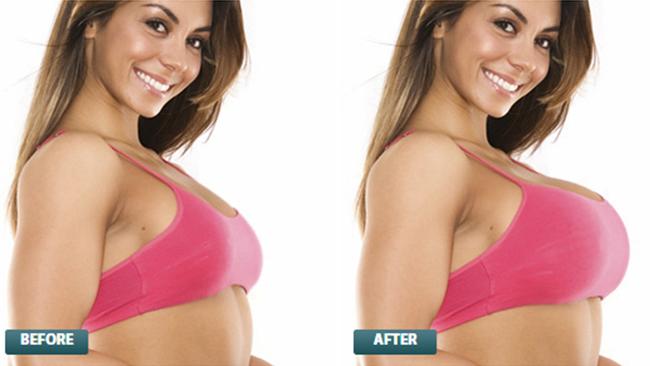Cosmetic cowboys must be stopped
WITH their flashy ads and false promises, too many cosmetic doctors and clinics put profits before patients, writes Professor Anand Deva. Here’s how to put the cowboys out of business.
Rendezview
Don't miss out on the headlines from Rendezview. Followed categories will be added to My News.
I READ with interest about the trials and tribulations of hapless patients who have suffered at the hands of “cowboys”.
Our attempts to “regulate” the cosmetic surgery industry is skirting around the edges without actually addressing the real reason why we are seeing an increasing number of reports of botched procedures, class actions and headlines.
I will start by saying that my perspective is very different. I chose to commit a significant proportion of my career to the public health sector and academic practice 20 years ago, when I returned to Sydney to start my practice.
Don’t get me wrong, I did start private practice as well and have done well by being a good surgeon who is committed to patient care. There have been many times where I thought, perhaps I should be doing more to attract cosmetic patients. Around me, there were young and hungry new colleagues with fresh and clever logos, flashy websites displaying before and after photos of their amazing work and back end payments to Google to rank high in online searchescreating an increasing fear within me of missing out. It obviously works to build a steady stream of cosmetic patients but at what price?

To understand how we arrived here we need to pick apart the multitude of forces that have fascinated and pressured our young women into having their breasts enlarged and/or lifted, their mummy bodies made over and their “loose” labia trimmed.
To start with, the media has a fascination with the transformative aspects of cosmetic surgery. The plethora of reality TV shows (Dr 90120, Extreme Makeover, Botched, Addicted to Beauty) involve a paradoxically interesting mix of how cosmetic surgery is the answer to your dreams and also the stuff of nightmares.
Add to this in recent years, the emergence of social media with the rise of the “instafamous” influencers and the steady stream of semi clad and sometimes fully naked patients fawning over their new body parts (and their fabulous cosmetic doctor) combined with the growth of plastic surgery blogs which purport to serve the patient and enhance their cosmetic journey and you have a perfect machine for preying on vulnerability and insecurity and for feeding the hungry and willing cosmetic clinics.
There are very murky dealings here with cash incentives for patient referrals, payments for bumping up social media “likes” and “followers” and commissioning favourable “independent” blogs for a price which is paid advertising masquerading as the truth.

All that was needed was a few entrepreneurial doctors and nurses who were prepared to reduce their commitment to patient safety, education, consent and proper after care and voila — the cosmetic industry runs amok.
I have written before that the toxic mix of a vulnerable and desperate patient seeking a cosmetic treatment that they believe they need urgently matched with an unscrupulous clinic or doctor intent on making profit as their prime goal does not end well.
I am heartened to hear that there is now an inquiry and the NSW government and minister are to be applauded for now ensuring there are significant penalties for unregistered products and procedures undertaken in unlicensed premises. But these don’t go far enough. There are many benefits to good cosmetic surgery but they need to put the patient and his or her needs first and commercial considerations last.
To this end, we need transparency in any commercial arrangements with industry, and within marketing, whether it be via traditional advertising or social media or blogs.
We must have registries to document the administration of these treatments with accountability of practitioners and clinics in the event of adverse events and regular surveillance of patients who undergo these procedures to measure true satisfaction and outcomes.

Patients must give informed educated consent after being told of the real risks and dangers of these procedures in language that is matched to the patient’s capacity to understand.
I would also propose a significant cooling off period of eight weeks to ensure that the patient is not rushed into something they may regret.
There should also be a banning of direct access to easy finance and superannuation to fund elective procedures and no significant penalties or loss of large deposits if patients decide not to proceed with their surgery after consultation
And finally, we must ban the misleading and often abused term “cosmetic surgeon” which has time and again led patients to believe that they are in the hands of an expert with appropriate training and credentials, only to find out otherwise.
I have often heard the terms “buyer beware” or “do your homework” but how can we expect patients to navigate the entangled and profit driven motives that hide behind smoke and mirrors to downplay risk and promise the world.
Better that we as health practitioners in any field, stick to the tried and true maxim — put the patient first.
It’s really that simple.
Professor Anand K Deva is the head of cosmetic, plastic and reconstructive surgery at Macquarie University Faculty of Medicine and Health Sciences.
Originally published as Cosmetic cowboys must be stopped


